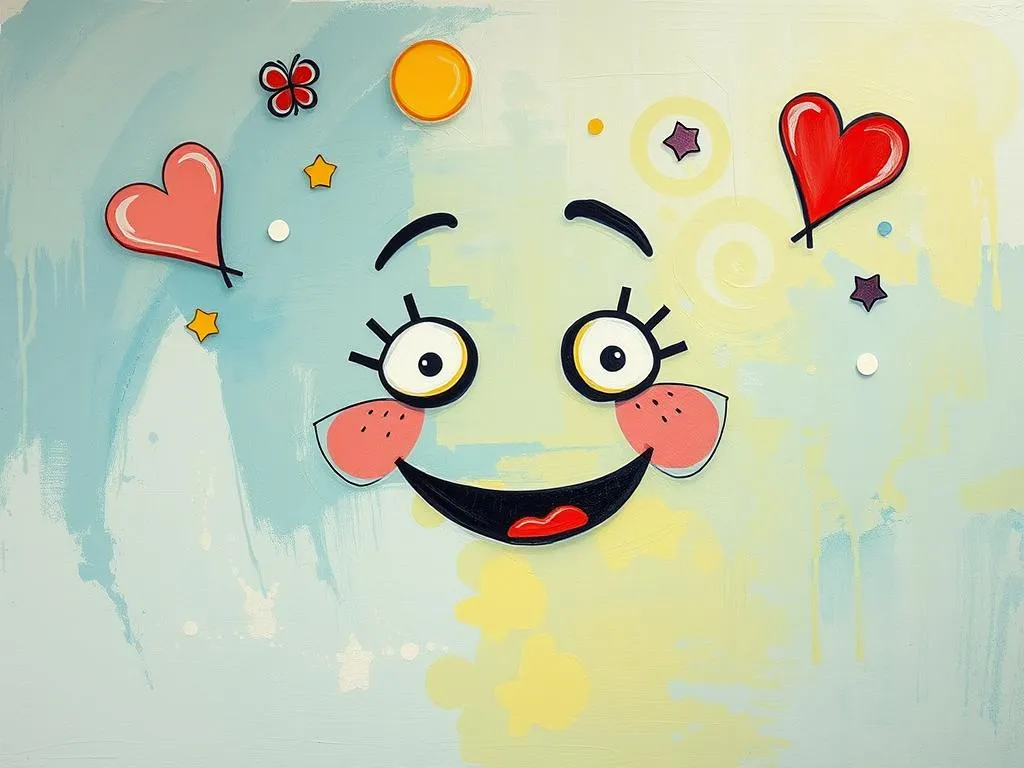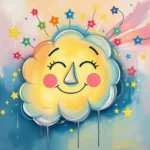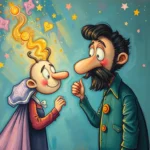
Have you ever woken up from a dream, your heart racing or your mind swirling with questions? Dreams can be elusive, often leaving us with a sense of wonder or confusion. They hold profound meanings and can serve as mirrors reflecting our thoughts, fears, and desires. Understanding these dream symbols can be like finding a compass in a dense fog, guiding us to deeper insights about ourselves and our lives.
In this article, we’ll explore the significance of dream symbols, analyze various dream experiences, and discuss how these insights can foster personal growth. Whether you’re a seasoned dreamer or just beginning to dive into the world of dreams, this journey promises to illuminate the hidden corners of your subconscious.
Unlocking the Door to the Subconscious: Symbol Analysis
Every dream is a tapestry woven with symbols, each representing a facet of our inner world. Dream symbols can be universal, resonant across cultures, or highly personal, shaped by individual experiences. By decoding these symbols, we can uncover layers of meaning that can bring clarity and understanding to our waking lives.
-
Water: Often associated with emotions and the unconscious mind, water can signify a range of feelings. Calm waters might suggest peace and tranquility, while turbulent waters can represent emotional turmoil. In many cultures, water is a symbol of healing, renewal, and transformation, inviting you to explore your emotional depths.
-
Flying: This exhilarating symbol often signifies freedom and escape from earthly concerns. In some traditions, flying dreams can indicate a sense of empowerment or transcendence, encouraging you to rise above challenges. Conversely, if you struggle to fly, it might reflect feelings of being weighed down by responsibilities or fears.
-
Teeth: Losing teeth in dreams is a common symbol that often relates to anxiety about appearance or aging. In various cultures, this dream can also symbolize a fear of helplessness or loss of power. It’s a call to examine how we perceive ourselves and our self-worth in our waking lives.
-
Chase: Being pursued in a dream often signifies anxiety or avoidance in waking life. The pursuer may represent an unresolved issue, fear, or even a part of yourself that you are reluctant to confront. Understanding who or what is chasing you can be a powerful step toward addressing these underlying feelings.
-
Doors: Doors in dreams symbolize opportunities and choices. An open door suggests potential and new beginnings, while a closed door may indicate something you’re hesitant to explore. Reflecting on the doors in your dreams can help you assess your willingness to embrace change and new experiences.
By examining these symbols through various lenses—psychological interpretations, cultural significance, and personal reflections—you can begin to unlock the messages your dreams are trying to convey.
Through the Looking Glass: Experience Analysis
Dreams often present us with vivid scenarios that can be both thrilling and perplexing. Let’s delve into a few dream experiences that many people encounter and explore their potential meanings.
-
The Endless Fall: You find yourself falling endlessly through a dark void. This dream often represents feelings of insecurity or a lack of control in your life. It may indicate that you are facing overwhelming challenges or fears that you feel ill-equipped to handle. Embracing this dream can lead to a deeper understanding of your vulnerabilities and the courage to confront them.
-
Being Naked in Public: You suddenly realize you’re naked in front of an audience. This dream can evoke feelings of vulnerability and exposure. It might signify a fear of being judged or your discomfort with revealing your true self. This experience invites you to consider where you might be hiding parts of yourself in your waking life.
-
The Unfamiliar House: You explore a house that feels both familiar and strange, with rooms you’ve never seen before. This dream often symbolizes self-discovery and uncharted territories within your psyche. Each room may represent different aspects of your life or personality, urging you to explore parts of yourself that you have yet to acknowledge.
-
Meeting a Deceased Loved One: In a dream, you encounter someone who has passed away, and the conversation feels incredibly real. This experience can represent unresolved feelings of grief or a desire for closure. It may also be a reminder to cherish the memories of those we’ve lost and to consider how they influence our current lives.
-
The Final Exam: You find yourself unprepared for an important exam, frantically searching for answers. This dream often reflects performance anxiety and the pressure to succeed. It can highlight feelings of inadequacy or fear of judgment, inviting you to reassess your self-expectations and the importance you place on achievement.
Each of these scenarios offers a unique glimpse into your psyche, revealing emotions and thoughts that may be hidden beneath the surface. By acknowledging and exploring these experiences, you can gain valuable insights into your waking life.
The Journey Within: Personal Growth
Understanding your dreams can be a powerful catalyst for personal growth. Here are some practical insights to help you harness the wisdom hidden within your dreams:
-
Keep a Dream Journal: Start documenting your dreams as soon as you wake up. Write down any symbols, feelings, and noteworthy details. Over time, patterns may emerge, helping you recognize recurring themes and issues. This practice not only aids memory but also fosters a deeper connection to your subconscious.
-
Reflect on Your Emotions: After analyzing your dreams, take a moment to reflect on the emotions they evoke. What feelings arise when you think about the symbols and scenarios? Understanding these emotions can provide clarity about your current life circumstances and relationships.
-
Engage in Creative Expression: Use your dreams as inspiration for creative outlets, such as art, writing, or music. Transforming your dreams into creative expressions can help you process your experiences and feelings in a meaningful way.
-
Seek Connections: Explore how your dream symbols resonate with your waking life. Where do you see parallels between your dreams and your daily experiences? This exploration can help you identify areas for growth and improvement.
-
Practice Mindfulness and Self-Compassion: As you delve into the meanings of your dreams, approach this journey with an open heart and a compassionate mindset. Be patient with yourself as you uncover deeper truths. Embrace the process of self-discovery, acknowledging that growth often requires time and reflection.
In conclusion, dreams are not mere figments of our imagination; they are profound reflections of our inner world. By exploring the symbols and experiences within our dreams, we can unlock insights that lead to greater self-awareness and personal growth. Embrace your dreams as a powerful tool for understanding yourself better and navigating the complexities of life.
Remember, the journey of self-discovery is ongoing, and every dream is a step toward deeper understanding. As you explore your dreams, trust that you are equipped with the wisdom to navigate the waters of your subconscious. What you uncover may not only illuminate your path but also empower you to embrace your true self.







